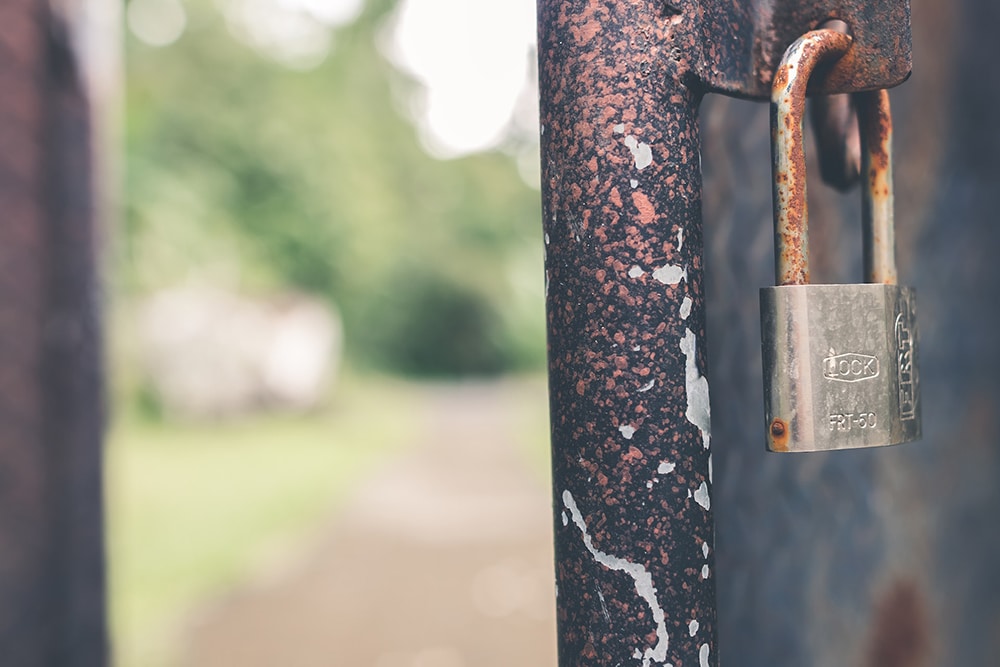What Happens When a Security Guard Is Negligent?

You may visit several places in or around Baltimore that have security guards, from banks to grocery stores, shopping centers or malls, hospitals and schools, government buildings, apartment complexes, and more. The presence of a security guard gives most individuals who work or visit those places of business a sense that they’re safe; however, that’s not always the case.
While some security guards are armed, others are not. Even if they are, they may not be in the right place at the right time or well-trained enough to de-escalate a situation before damage is done. There’s then a situation where a security guard may be aware of their responsibilities but not carry them out.
It may be possible to hold a security guard or the entity that hired them liable in scenarios like the ones described above. We’ll delve deeper into your options when you get hurt due to a security guard’s negligence below.
Examples of Security Guard Negligence
Some scenarios in which a security guard oneself may be deemed negligent are as follows:
Failures To Perform Assigned Responsibilities
This may include being responsible for walking around a building’s entire exterior or interior or circling its parking lot at set intervals but failing to do so. Additionally, it may include making sure rooms are vacant before doors are locked, keeping individuals from engaging in horseplay or other risky behavior while using escalators, turning on lights or cameras to deter individuals from lurking in the shadows, keeping tabs on activity, or carefully checking visitors’ identification or their bags for potential weapons.
As you can likely tell from the examples above, any instance in which a security guard fails to follow established protocol can result in a negative outcome.
Permitting Prohibited or Illegal Activity To Occur
There are some instances in which a security guard may take advantage of their authority position or one in which they’re an insider (have access to information and places others don’t). A security guard may allow oneself to be manipulated into giving access to the facility or assets contained within to potential bad actors, setting the stage for endangering workers’ and visitors’ lives.
Additionally, a security guard who’s not committed to carrying out their assigned duties and with low integrity may be permissive to criminal activity, like prostitution, drug sales, car burglaries, robberies, carjackings, and more—all of which can breed an escalation in violent crimes, thus causing someone to get hurt or killed.
Situations Where Security Guards May Not Be Fully Responsible for Negligence
The scenarios above are only a few examples of ways security may be negligent. Business or property owners themselves may also engage in negligence that may give the impression that the security guard was wholly negligent when it was actually something else, such as:
- Negligent hiring situations: If an employer failed to screen a prospective security guard adequately and hires them or they neglected to train them on how to perform their job sufficiently, then either one of these actions could lead to them being held liable separately from or in addition to the person they hired.
- Inadequate staffing: A company that has inadequate security because they hire too few security guards to cover the entire territory or responsibilities that exist adequately may leave itself open to being held liable for any injuries or fatalities its visitors sustain due to its negligent staffing practices.
- Non-responsiveness to changes in crime trends: Crime waves often emerge in an area, and it is the duty of a property owner or business to enhance its security to ensure its visitors’ safety. If either of these entities fails to add security to reinforce safety and someone gets hurt, they also might be liable for any adverse outcome.
Certain factors make a place of business attractive to would-be criminals and other bad actors that could endanger the safety or lives of visitors, such as:
- Sensitive locales: Any grounds or facility housing toxic chemicals, money, vulnerable populations like children or the elderly, electricity and other energy resources, valuable technology, jewelry and precious metals, or legal proceedings or restricted information (like government offices)
- Ineffective security practices: Places where there’s no security guard regularly on duty, poor lighting, no surveillance cameras (or nonfunctional ones), and lax security protocol
In these situations, while a security guard can be negligent, so too can a property owner who fails to adequately secure their property, leaving the door open for bad things to happen.
Your Options if Negligent Security Resulted in You Getting Hurt
As mentioned above, there are some instances in which a security guard is negligent; thus, you can hold them liable for that. However, some situations may make it more appropriate for you to pursue a business or property owner for their role in allowing what happened to occur. A negligent security lawyer like ours at Belsky & Horowitz, LLC can evaluate whether you have a valid claim and, if so, let you know who is best to name as your defendant to ensure the best possible outcome in your Baltimore case.
Proving liability is never easy, and you have one shot at making it happen. Having experienced legal counsel assisting you can significantly impact your ability to settle your case successfully and thus can recoup economic losses for losses such as medical bills, lost wages, funeral and burial costs, noneconomic damages, and more. So, reach out to our Baltimore law firm to schedule a free initial consultation with a negligent security attorney to learn more about preserving your rights and holding responsible parties liable for their actions.





